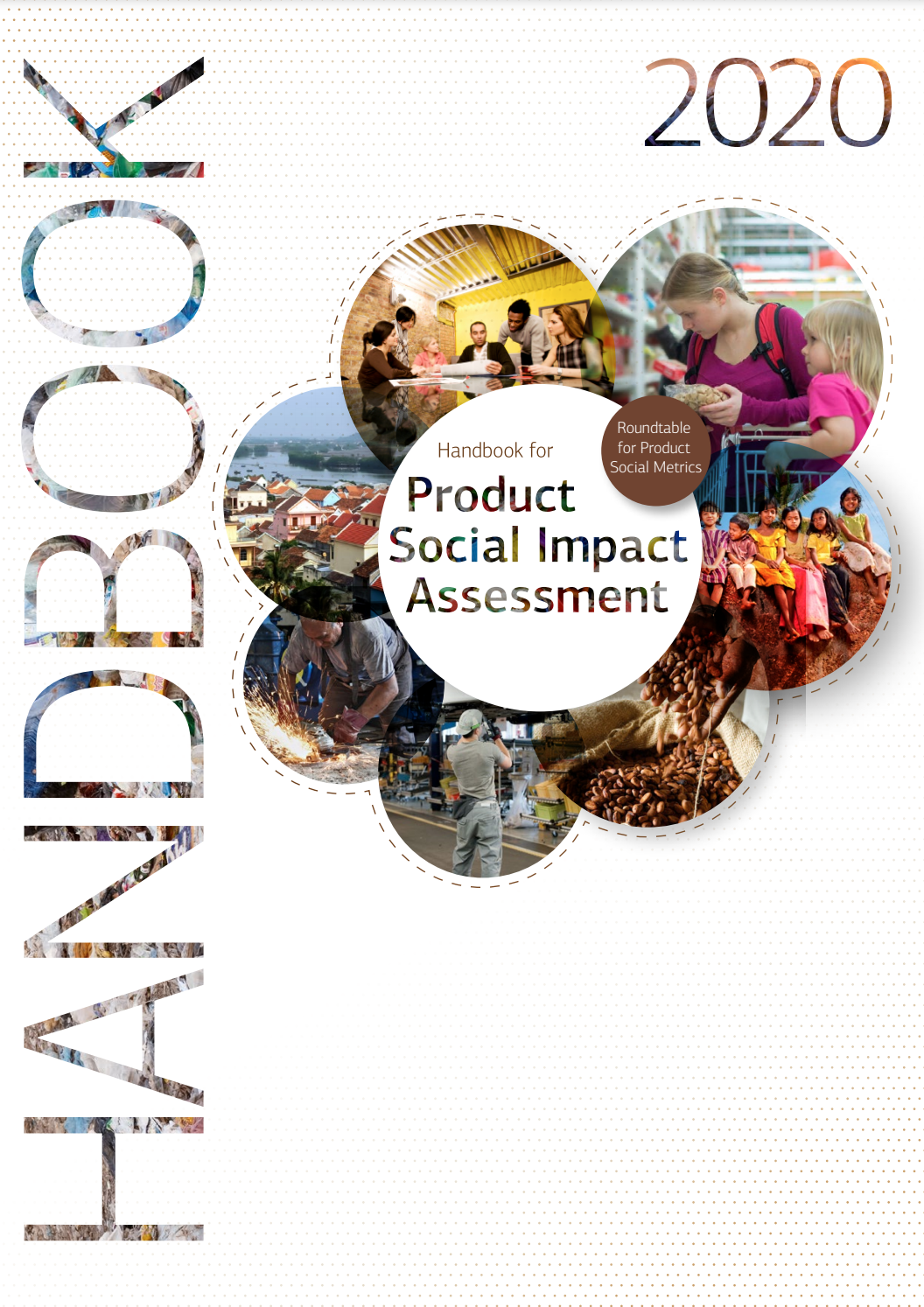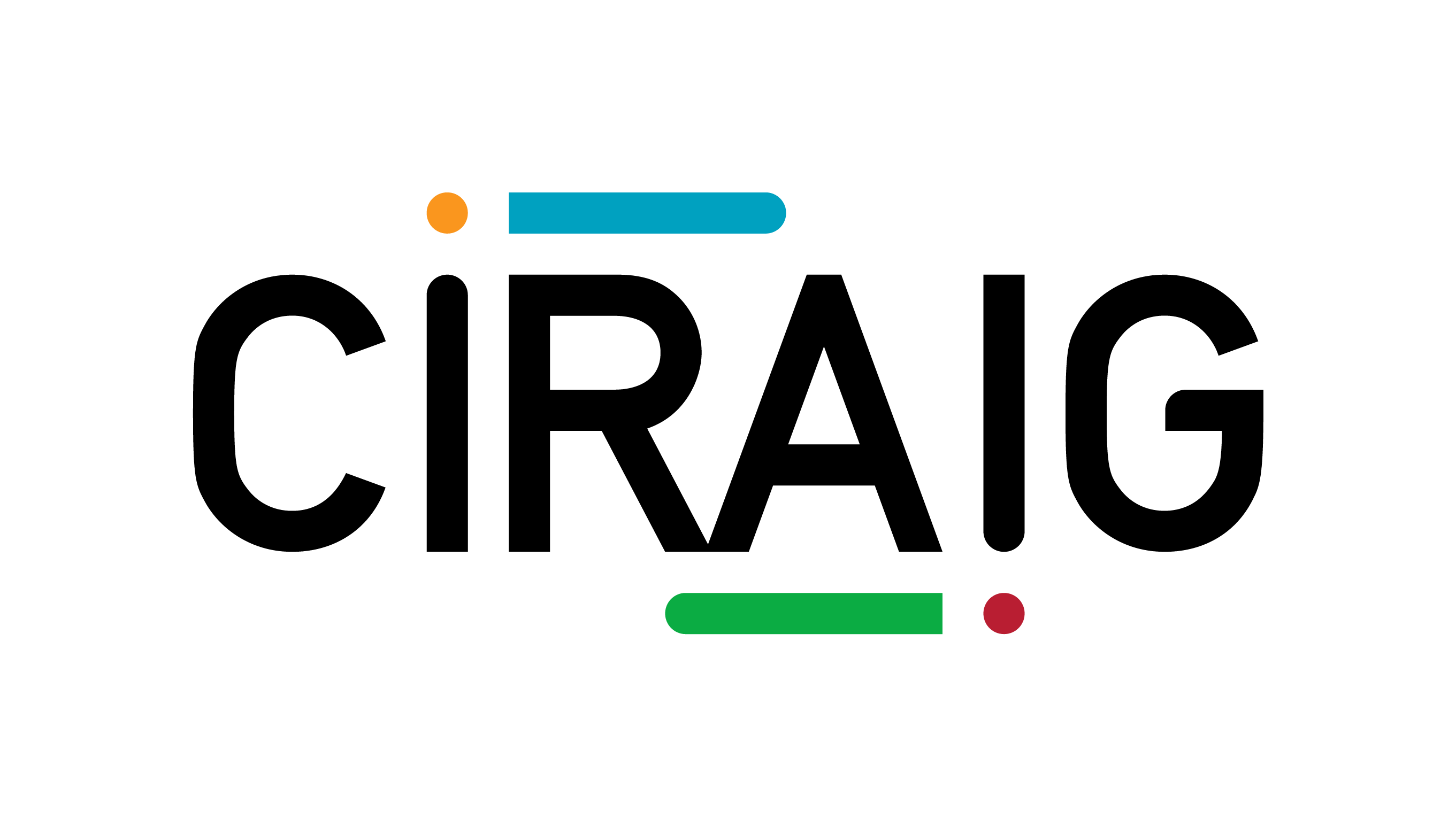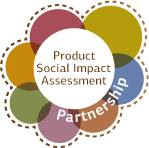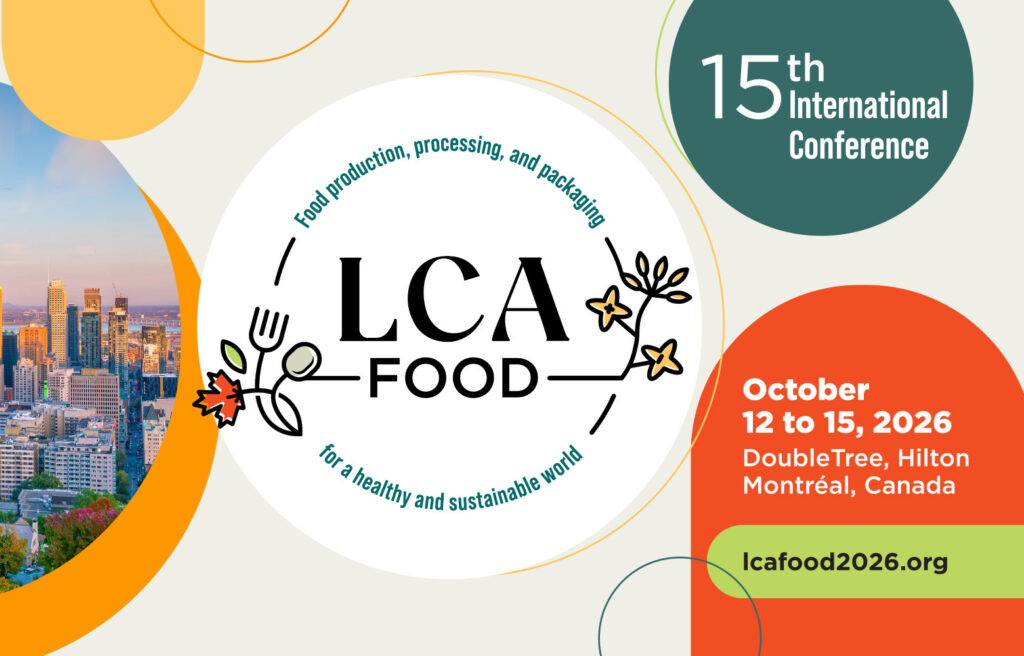Product Social Impact Assessment Handbook
Sara Russo Garrido participated in the full formal academic review of the Product Social Impact Assessment Handbook with the Product Social Impact Assessment Partnership led by Pré Sustainability.

Sara Russo Garrido participated in the full formal academic review of the Product Social Impact Assessment Handbook with the Product Social Impact Assessment Partnership led by Pré Sustainability.
 The Handbook for Product Social Impact Assessment (PSIA) describes a consensus-based methodology to assess positive and negative social impacts of products and services on four stakeholder groups: workers, local communities, small-scale entrepreneurs and users. Uniquely, the methodology focuses on assessing social impacts of products and services over the entire value chain. This approach is sometimes also referred to as Social Lifecycle Assessment or Social LCA.
It is important to be aware of some key differences between environmental life cycle approaches and social life cycle approaches. Social LCA is not just an extension of environmental LCA. While we can assume 1 kg of CO2 is half as bad as 2 kg we cannot say 10 slaves working is half as serious as 20 slaves working. Companies want zero slaves, but do accept some CO2 emissions. Likewise we can more or less predict a range of emissions of steelmaking as many companies use the same blast furnace technologies, some will do this more efficient than others. The social impacts with steel manufacturing however can vary widely between two different companies. In fact the conditions in a steel company can be as bad as in a cotton farm. There is a very weak correlation between the technology and the social conditions. This difference has huge consequences for the data collection procedures.
There are four basic steps in the Handbook, (1) Prepare, (2) define Goal and Scope, (3) identify Hotspots and (4) apply our impact assessment procedures. The Reference guide below can be downloaded as PDF; click on the figure.
The Handbook for Product Social Impact Assessment (PSIA) describes a consensus-based methodology to assess positive and negative social impacts of products and services on four stakeholder groups: workers, local communities, small-scale entrepreneurs and users. Uniquely, the methodology focuses on assessing social impacts of products and services over the entire value chain. This approach is sometimes also referred to as Social Lifecycle Assessment or Social LCA.
It is important to be aware of some key differences between environmental life cycle approaches and social life cycle approaches. Social LCA is not just an extension of environmental LCA. While we can assume 1 kg of CO2 is half as bad as 2 kg we cannot say 10 slaves working is half as serious as 20 slaves working. Companies want zero slaves, but do accept some CO2 emissions. Likewise we can more or less predict a range of emissions of steelmaking as many companies use the same blast furnace technologies, some will do this more efficient than others. The social impacts with steel manufacturing however can vary widely between two different companies. In fact the conditions in a steel company can be as bad as in a cotton farm. There is a very weak correlation between the technology and the social conditions. This difference has huge consequences for the data collection procedures.
There are four basic steps in the Handbook, (1) Prepare, (2) define Goal and Scope, (3) identify Hotspots and (4) apply our impact assessment procedures. The Reference guide below can be downloaded as PDF; click on the figure.
 The Handbook for Product Social Impact Assessment (PSIA) describes a consensus-based methodology to assess positive and negative social impacts of products and services on four stakeholder groups: workers, local communities, small-scale entrepreneurs and users. Uniquely, the methodology focuses on assessing social impacts of products and services over the entire value chain. This approach is sometimes also referred to as Social Lifecycle Assessment or Social LCA.
It is important to be aware of some key differences between environmental life cycle approaches and social life cycle approaches. Social LCA is not just an extension of environmental LCA. While we can assume 1 kg of CO2 is half as bad as 2 kg we cannot say 10 slaves working is half as serious as 20 slaves working. Companies want zero slaves, but do accept some CO2 emissions. Likewise we can more or less predict a range of emissions of steelmaking as many companies use the same blast furnace technologies, some will do this more efficient than others. The social impacts with steel manufacturing however can vary widely between two different companies. In fact the conditions in a steel company can be as bad as in a cotton farm. There is a very weak correlation between the technology and the social conditions. This difference has huge consequences for the data collection procedures.
There are four basic steps in the Handbook, (1) Prepare, (2) define Goal and Scope, (3) identify Hotspots and (4) apply our impact assessment procedures. The Reference guide below can be downloaded as PDF; click on the figure.
The Handbook for Product Social Impact Assessment (PSIA) describes a consensus-based methodology to assess positive and negative social impacts of products and services on four stakeholder groups: workers, local communities, small-scale entrepreneurs and users. Uniquely, the methodology focuses on assessing social impacts of products and services over the entire value chain. This approach is sometimes also referred to as Social Lifecycle Assessment or Social LCA.
It is important to be aware of some key differences between environmental life cycle approaches and social life cycle approaches. Social LCA is not just an extension of environmental LCA. While we can assume 1 kg of CO2 is half as bad as 2 kg we cannot say 10 slaves working is half as serious as 20 slaves working. Companies want zero slaves, but do accept some CO2 emissions. Likewise we can more or less predict a range of emissions of steelmaking as many companies use the same blast furnace technologies, some will do this more efficient than others. The social impacts with steel manufacturing however can vary widely between two different companies. In fact the conditions in a steel company can be as bad as in a cotton farm. There is a very weak correlation between the technology and the social conditions. This difference has huge consequences for the data collection procedures.
There are four basic steps in the Handbook, (1) Prepare, (2) define Goal and Scope, (3) identify Hotspots and (4) apply our impact assessment procedures. The Reference guide below can be downloaded as PDF; click on the figure. In collaboration with
We use cookies on our website to give you the most relevant experience by remembering your preferences and repeat visits. By clicking “Accept”, you consent to the use of ALL the cookies.
Manage consent
Privacy Overview
This website uses cookies to improve your experience while you navigate through the website. Out of these, the cookies that are categorized as necessary are stored on your browser as they are essential for the working of basic functionalities of the website. We also use third-party cookies that help us analyze and understand how you use this website. These cookies will be stored in your browser only with your consent. You also have the option to opt-out of these cookies. But opting out of some of these cookies may affect your browsing experience.
Necessary cookies are absolutely essential for the website to function properly. This category only includes cookies that ensures basic functionalities and security features of the website. These cookies do not store any personal information.
Any cookies that may not be particularly necessary for the website to function and is used specifically to collect user personal data via analytics, ads, other embedded contents are termed as non-necessary cookies. It is mandatory to procure user consent prior to running these cookies on your website.
Your subscription could not be saved. Please try again.
Your subscription has been successful.





